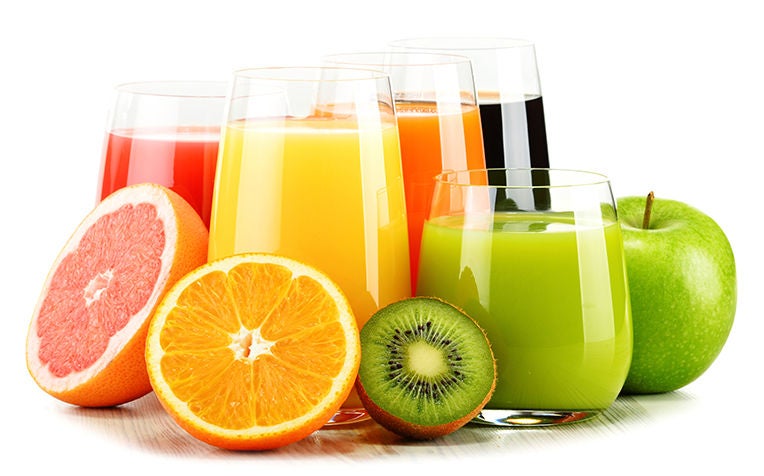
Just how healthy are fresh fruit and vegetable juices? How do fresh juices compare to whole fruits and vegetables?
You can enjoy a glass of your favourite juice, while fulfilling your daily nutritional requirements of fruits and vegetables, for just a few dollars. Seems to be win-win from a health standpoint, but is it true?
“Fresh juices contain vitamins, minerals and plant chemicals (phytonutrients) that are good for you, but the quantities are likely to be lower as compared to whole fruits and vegetables. Whole fruits and vegetables also have a much higher fibre content, which makes them a healthier choice,” says Ms Alyssa Chan, Dietitian, SingHealth Polyclinics (SHP), a member of the SingHealth group.
Whole fruits and vegetables are an excellent source of fibre ,which is lost when the skin and pulp are discarded during the juicing process. Some vitamins, minerals and phytonutrients are also lost for this reason.
Fibre, which is a key element in digestive health, can help prevent a variety of health conditions such as constipation, heart disease, rheumatoid arthritis, diabetes, irritable bowel syndrome and colon cancer. There are two types of fibre – soluble and insoluble. Fruits and vegetables are a good source of both types of fibre.
4 Benefits of fresh juice
Convenient way to consume fruits and vegetables alone, or in combination if you don't enjoy eating them.
Tasty way to enjoy fruits and vegetables that you would otherwise not have.
You are likely to consume larger quantities of fruits and vegetables in juice form than in whole form, which can help meet your daily nutritional needs for these foods.
Suitable for people who needs to be on low residue diet due to their medical condition.
4 Disadvantages of drinking fresh juice
Not as filling as whole foods because of the lack of fibre.
Fruit juice can be high in sugar calories.
Fresh juice that is not consumed immediately can develop bacteria and cause food poisoning.
Juicing requires a high level of hygiene. Bacteria can easily grow in an unclean juicer and cause food poisoning.
“Bacteria and other pathogens can also grow in fresh juice that is left to stand for a few hours. These can harm your health,” says Ms Chan.
What is the recommended daily intake of fresh juice for adults and children?
The American Academy of Pediatrics (AAP) recommends:
- Toddlers (1-3 years): : no more than 120ml of fruit juice per day.
- Children (4-6 years) : no more than 180ml of fruit juice per day.
- Children (7-18 years) : no more than 240ml of fruit juice per day.
Adults should limit themselves to no more than 240ml of fruit juice per day
Fruit juice does not have fibre, which is found in whole fruits. It also high in sugar, which can lead to weight gain.
Recommended number of servings of fruit per day
| Age groups | 6-12 months | 1-2 years | 3-6 years | 7 years and above |
| Fruit | ½ | ½ | 1 | 2 |
Examples of 1 serving of fruit :
- 1 small apple, orange, pear or mango
- 1 wedge of papaya, pineapple or watermelon
- 1 small banana
- 10 grapes or longans
- ½ a dragon fruit
Is fresh juice safe for pregnant women and the elderly?
Ref: Q15
Check out articles on popular local fruits:
Papaya: Plenty to Be 'Yaya' (Proud) About
Contributed by

















 Get it on Google Play
Get it on Google Play